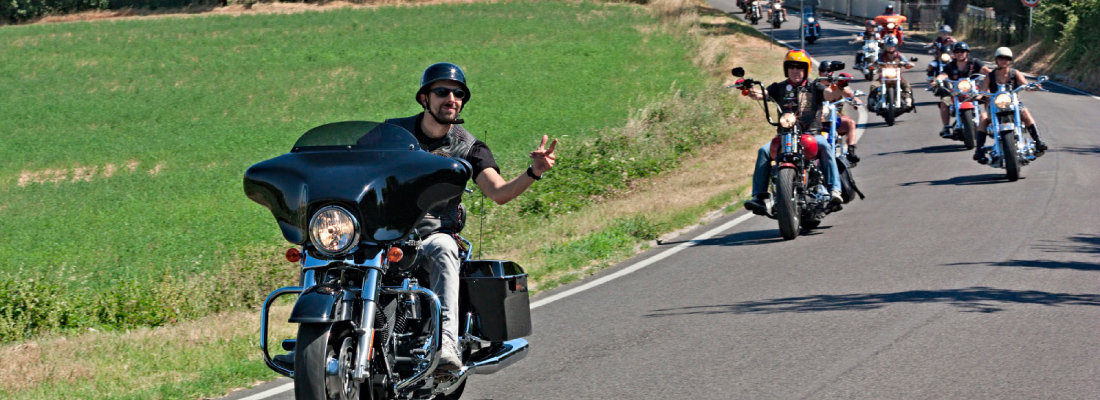December 2013

Smash repairer puts CGU in court
The NSW Supreme Court has given a smash repairer the right to fight CGU over its decision to decline a claim for an arson attack on his business, possibly by bikies.
Jorge Antonio Viera, Toongabbie Collision Pty Ltd’s sole director, was granted leave to take over the case against CGU, despite Toongabbie having gone into liquidation.
The company’s Mulgrave workshop was burned down in May 2010, with the loss of tools, other assets and third parties’ vehicles. The court heard a former director and shareholder, who had left the business, had been in debt to a man affiliated to an outlaw motorcycle gang.
Just before the fire, two men had visited the smash repair workshop looking for the former director and making threats. That night, a car owned by Viera was torched by unknown assailants. A week later, the premises were set alight. A police investigation determined the fire was deliberately lit.
Viera had two CGU policies for the business and his motor vehicle. He claimed on both, but CGU declined indemnity because of Toongabbie's “alleged failure to disclose relevant matters”, ie the other director’s bankruptcy, his debt to bikies, the threats and the vehicle fire.
He launched action seeking indemnity, but had to first argue that he could take the action on Toongabbie’s behalf. Viera also sued CGU for intentional or negligent infliction of harm, psychological injury and economic loss, and that matter has not yet been heard.
The Supreme Court was told Toongabbie had debts of $100,000, but Viera, if successful, could win personal damages from CGU of up to $320,000 and had claimed property damage of $524,000.
In granting Viera leave to take the case, Justice Peter Hidden said: “The limited material before me does not enable me to predict the outcome with the confidence displayed by [Viera’s solicitor] but, plainly enough, the claim is not without merit.”
Viera agreed he would be solely responsible for the cost of the proceedings, including any adverse cost orders or order for security of costs. He also agreed, in an affidavit, the liquidator would have no liability for trial costs.
CGU’s counsel said the practical consideration was the financial position for the liquidator and Toongabbie, which had no assets. Viera said he had no personal assets, but an understanding with his parents, aged 77 and 78, that he was the beneficiary of their estate, which included real estate holdings. Viera also said he would, if necessary, gain employment and borrow money to meet court costs.
CGU solicitor Margot Toniato estimated the insurer’s likely costs at about $320,000. Its barrister questioned Viera’s ability to provide Toongabbie with the financial protection sought by the liquidator. He said there was no evidence Viera had sufficient assets to fund the litigation or meet costs if he were unsuccessful.
CGU said Viera offered no form of security, but Viera said if Toongabbie were successful in its property damage claim for $524,000, the company would be able to pay its debts and any costs not recoverable from CGU. Viera also relied on his borrowing capacity and the prospect of an inheritance.
Justice Hidden did not grant leave conditional on Viera providing security for CGU’s costs. He said it remained open for CGU to apply for such an order. “While it is true such an application is likely to turn on the material already before me, it may require a close examination of Mr Viera’s financial position and prospects and, in any event, it may turn on different discretionary considerations,” Justice Hidden said.
(Toongabbie Collision Pty Ltd (in liq) (t/as Autoworks Collision Centre) v CGU Insurance Ltd [2013], NSWSC 1409, 25/09/2013)